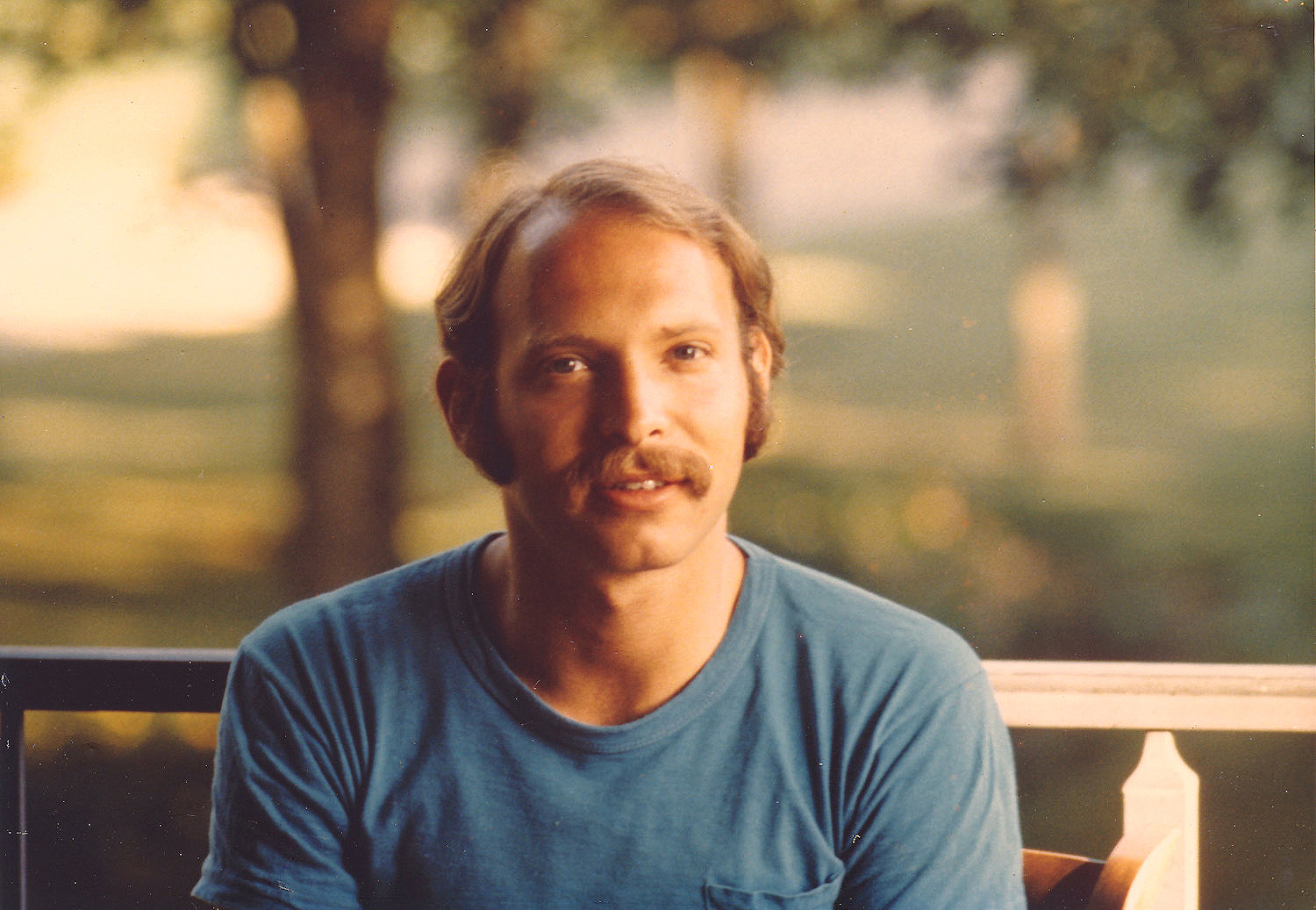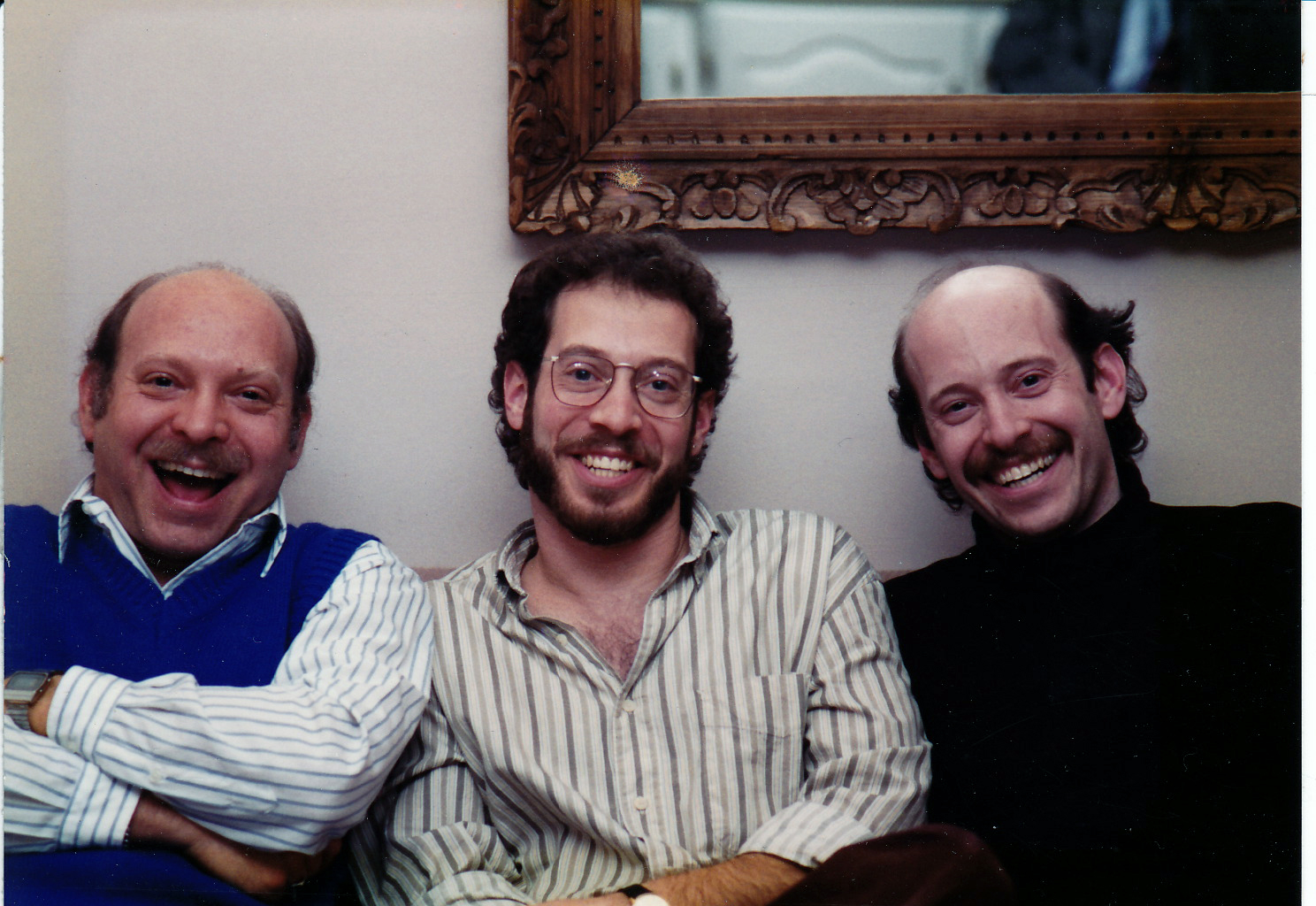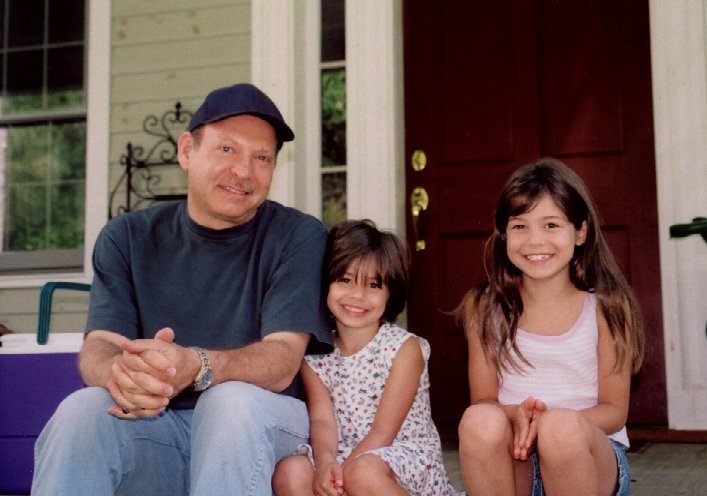This time last week, I was lamenting the what I saw as inevitable advances by anti-democratic forces in this year’s midterm elections. Yes, I was worried my party would take a drubbing, but more, I feared elections in Arizona, Nevada, Pennsylvania, and elsewhere might put in power election deniers, people more wedded to party and certain personalities than to the founding principles of our republic.
What a difference one week can make.
Incredibly, miraculously, astoundingly, this year’s midterms turned out to be a reaffirmation of America’s commitment to democracy and those aforementioned founding principles. Yes, Democrats are poised to lose control of the House of Representatives, though only by five seats or fewer. Republicans might — might — get to 221 seats (leaving Democrats with 214). But I think it’s more likely they’ll have 220 or 219, which would constitute a razor thin majority, one of the smallest in the last century. Actually, I just looked it up. It would be the smallest majority since the 65th Congress of 1917-1919. It would likely be a recipe for infighting, and for repeated failures and embarrassments for new Speaker Kevin McCarthy and his buddies.
The Senate remains in Democratic hands. Remarkably, incredibly, astoundingly, miraculously. By the time the Georgia runoff is done, Democrats might well have 51 seats, a PICKUP of one. Now this assumes that Joe Manchin (D-West Virginia) and/or Kyrsten Sinema (D-Arizona) won’t jump ship and switch parties to swing the majority to the Republicans. But I don’t believe either is likely to do so. Certainly Manchin won’t do that before the Georgia runoff. If the Democrats win in Georgia, he won’t switch at all. And Sinema has to be looking at fellow Arizona Democrat Mark Kelly’s reelection victory, at the Arizona Governor’s race, which Democrat Katie Hobbs currently leads, and also at other down-ballot races. Being a true Democrat in today’s Arizona has proven to be a pretty good thing electorally speaking. Moreover, as a Republican she would absolutely face a right-wing primary challenge. She would likely lose her seat months before the general election. I believe it’s more likely that over the next two years, her Senate voting will trend leftward — slowly, cautiously, but inexorably.
The most important results from Tuesday night, though, had far less to do with Congress, and far more to do with the sanctity of America elections. ALL the MAGA loonies who were running for Secretary of State positions in key battleground states lost. Every one. Including the biggest loony of all, Jim Marchant in Nevada. And with the temporary exception of Kari “Wackadoodle” Lake in Arizona, all the election deniers running for governor in key battleground states also lost. And Lake is trailing and may be on the verge of being declared the loser in her race.
Make no mistake, this election was a repudiation of a soiled Republican brand. It was a rejection of election denying. It was an endorsement of free and fair elections. And, by the way, it was also an expression of outrage at the overturning of Roe v Wade, the 1973 ruling that for nearly fifty years provided national legal protection for women’s reproductive freedom. Constitutional bans on abortion were defeated at the polls in the ruby-red states of Kentucky and Montana. Constitutional guarantees of abortion rights passed in California, Michigan, and Vermont. Opponents of the right to choose had a very, very bad night. Indeed, early evidence suggests that young voters, especially young women, were motivated to vote this year to an extent rarely seen in midterm elections, their activism fueled by outrage over the Supreme Court’s reversal of Roe as well as by opposition to anti-democratic candidates.
Most of all, last week’s election serves as a reminder that a certain former President is NOT the most powerful force in American politics. He is the loudest certainly, the most dangerous beyond any doubt. But he is weak, driven by ego and pique more than by any true political skill or insight. He is a drag on the Republican party. He is a has-been.
Already he is tearing his party apart from within, attacking both Florida Governor RonDeSantis and Virginia governor Glenn Youngkin, who have emerged as his chief rivals for the 2024 Republican nomination. (He said Youngkin’s name “sounds Chinese” — a quote. I swear to God. And he claimed he sent the FBI to Florida in 2018 to save DeSantis’s flagging gubernatorial campaign, which, if true, would be something worth investigating, to say the least.) The former guy intends to go ahead with an announcement of his 2024 Presidential bid, but now it will be welcomed only by his most rabid supporters.
Across the country, again and again in high profile races, his hand-picked candidates lost. More than anything else, this election was a repudiation of Trumpism. Twice now he has lost the popular vote while running for President, and now twice in midterm elections that were in large part all about him, the Republican party has underperformed. In 2018, the GOP suffered historic losses. And this time, in a midterm that should have provided his party with a bonanza, the country instead gave its votes to the party of an unpopular President who has (through no fault of his own, I should add) presided over high inflation and rising gas prices. The Republicans should have kicked butt this year. They didn’t, and it is largely because of the orange has-been. Everyone knows it. Even Rupert Murdoch is rethinking his support of the man. When a Republican leader has lost Fox News, he has lost everything.
I don’t know what will happen in two years. None of us knows. Two years in politics is like ten lifetimes. But I do know this: Donald Trump’s attempt to elect a state-level MAGA infrastructure that would steal the 2024 election for him has failed utterly.
Am I gloating? Yeah, a little bit. Where Trump is concerned, more than a little bit. But the fucker deserves it.
God bless America.
Have a great week.









 When the girls were little, we used to take them into town, meet up with their friends and their friends’ parents, take a bunch of photos (all of them too cute for words), and then commence the hunt for goodies. We would actually bring a bag or two of candy to supplement what our friends were giving out, so that we wouldn’t be total freeloaders, and while half the parents (sometimes the dads, sometimes the moms) went out walking with the kids, the other half stayed, gave out candy, drank a bit of wine. Those were great evenings. Sadly, I missed out on trick-or-treating as often as I participated. Back then, World Fantasy Convention was held each year on Halloween weekend. If Halloween fell anywhere between a Thursday and a Sunday, chances were I’d be away. Sometimes, if the travel was complicated enough, I missed out on Halloween on other days as well. I considered WFC one of the most important professional events on my calendar — I still do — but looking back, I wish I’d skipped the convention more often than I did. I missed out by not taking my girls door-to-door more than I did.
When the girls were little, we used to take them into town, meet up with their friends and their friends’ parents, take a bunch of photos (all of them too cute for words), and then commence the hunt for goodies. We would actually bring a bag or two of candy to supplement what our friends were giving out, so that we wouldn’t be total freeloaders, and while half the parents (sometimes the dads, sometimes the moms) went out walking with the kids, the other half stayed, gave out candy, drank a bit of wine. Those were great evenings. Sadly, I missed out on trick-or-treating as often as I participated. Back then, World Fantasy Convention was held each year on Halloween weekend. If Halloween fell anywhere between a Thursday and a Sunday, chances were I’d be away. Sometimes, if the travel was complicated enough, I missed out on Halloween on other days as well. I considered WFC one of the most important professional events on my calendar — I still do — but looking back, I wish I’d skipped the convention more often than I did. I missed out by not taking my girls door-to-door more than I did.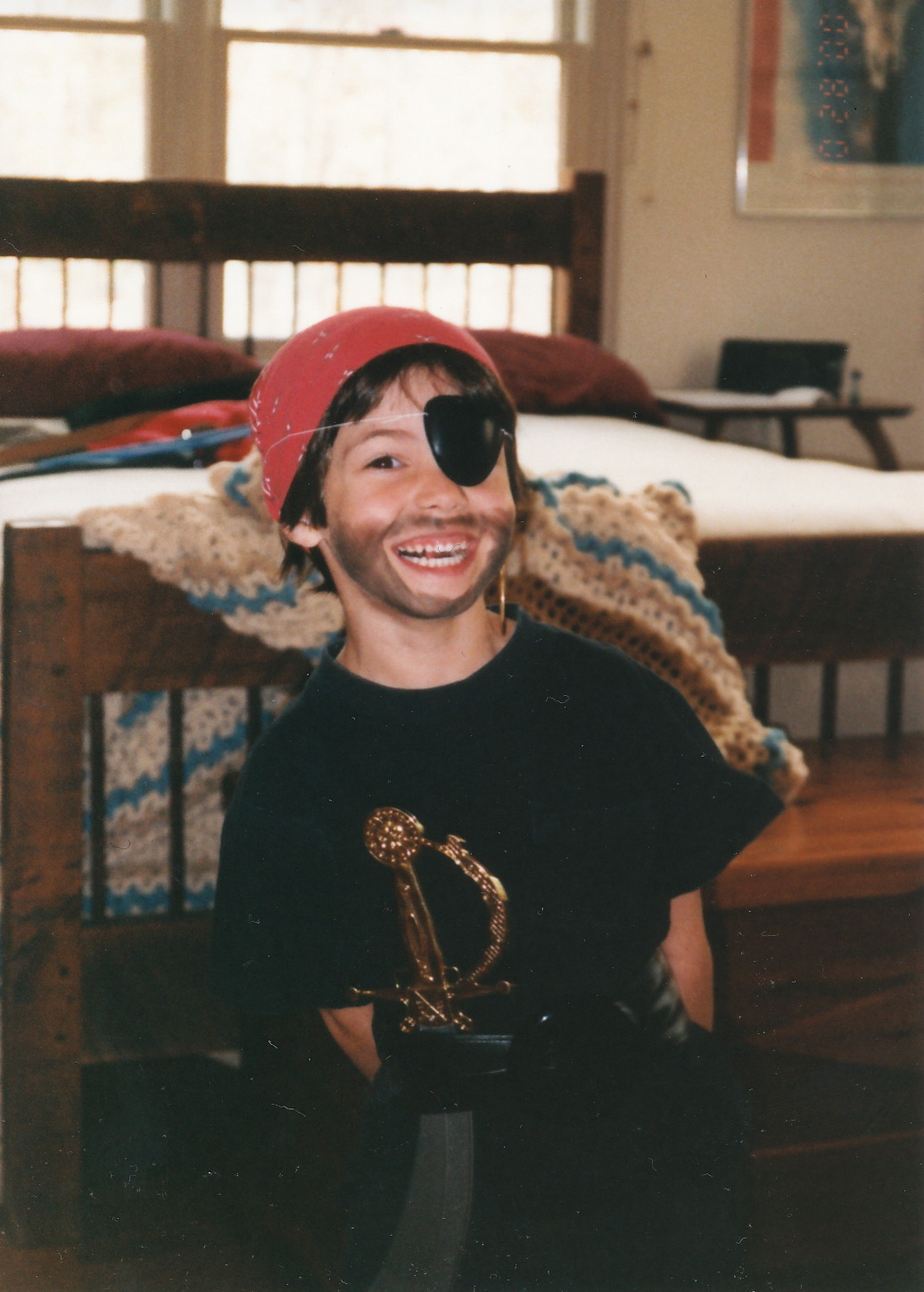
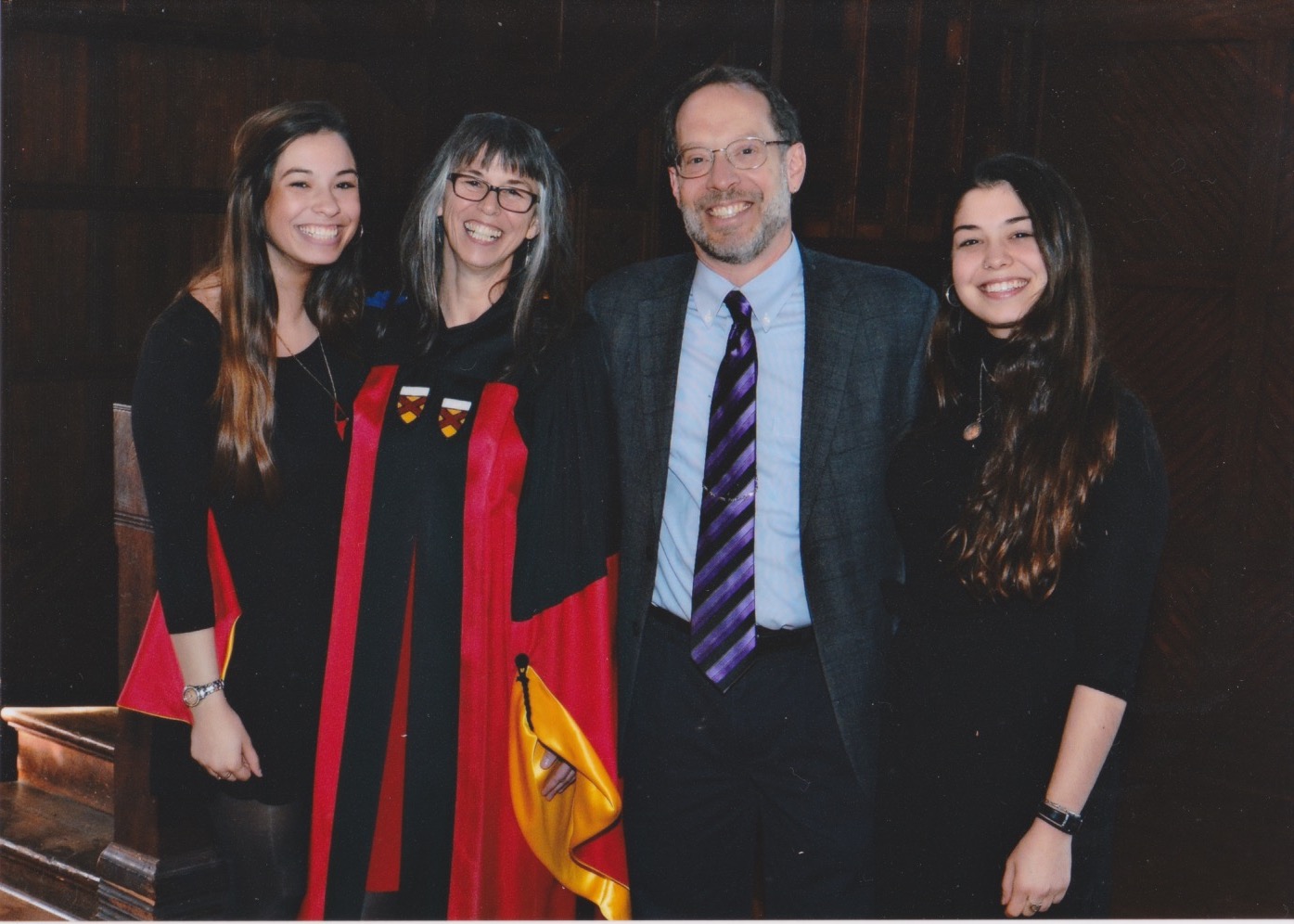 I write about my girls a lot in this blog. Needless to say, I love them tons and tons, and I savor every opportunity to be with them, to talk to them by phone, even to exchange silly texts in the middle of a busy work week. I talked to Alex just the other night — she called out of the blue, which was lovely. No agenda. No big news good or bad. Just a chance to chat. And Erin was home this weekend for a quick visit. She needed a little Mom and Dad Time, and we were all for that. We had a wonderful time with her.
I write about my girls a lot in this blog. Needless to say, I love them tons and tons, and I savor every opportunity to be with them, to talk to them by phone, even to exchange silly texts in the middle of a busy work week. I talked to Alex just the other night — she called out of the blue, which was lovely. No agenda. No big news good or bad. Just a chance to chat. And Erin was home this weekend for a quick visit. She needed a little Mom and Dad Time, and we were all for that. We had a wonderful time with her. One idea is to write my next Thieftaker novel, either in the form of a trio of novellas, like I did with
One idea is to write my next Thieftaker novel, either in the form of a trio of novellas, like I did with 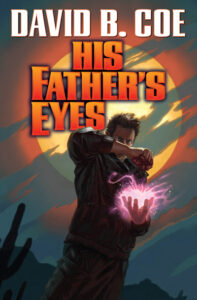
 I want to write at least one more
I want to write at least one more 